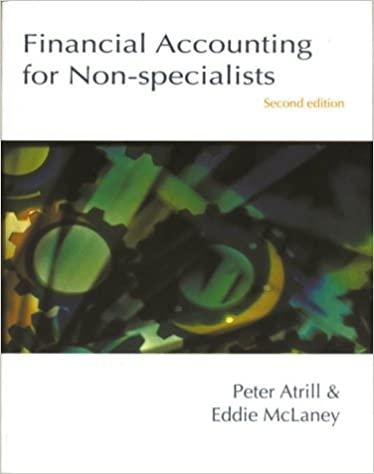
View more information:

Requirement 1:

Requirement 2:
 Only requirement 1 and requirement 2 need an answer
Only requirement 1 and requirement 2 need an answer
College Corn Hole is a small business that Marcus Morris developed while in college. He began building wooden corn hole game sets for friends, hand painted with college colors and logos. As demand grew, he hired some workers and began to manage the operation. College Corn hole maintains two departments: contstruction and painting. In the construction department, the games require wood and labor. College Corn Hole has some employees who have been with the company for a very long time and others who are new and inexperienced. (Click the icon to view more information.) College Corn Hole uses standard costing for the game sets. Marcus expects that a typical set should take 4 hours of labor in the construction department, and the standard wage rate is $10.00 per hour. An average set uses 22 square feet of wood, allowing for a certain amount of scrap. Because of the nature of the wood, workers must work around the flaws in the materials. Marcus shops around for good deals and expects to pay $4.30 per square foot. Marcus does not store inventory, and buys the wood as he receives an order. For the month of September. Marcus's workers produced 75 corn hole sets using 308 hours and 1,750 square feet of wood. Marcus bought wood for $7.200 (and used the entire quantity), and incurred labor costs of $2.945. Requirement 1. For the construction department, calculate the price and efficiency variances for the wood and the price and efficiency variances for direct manufacturing labor. Label each variance as favorable (F) unfavorable (U). Begin by calculating the price and efficiency variances for the wood. Price variance Efficiency variance Calculate the price and efficiency variances for direct manufacturing labor. Price variance Efficiency variance Requirement 2. Record the journal entries for the variances incurred. (Record debits first, then credits. Exclude explanations from any journal entries.) Prepare the journal entry for the direct materials price variance. Journal Entry Date Accounts Debit Credit Next prepare the journal entry for direct materials efficiency variance. Journal Entry Date Accounts Debit Credit Now prepare the journal entry for direct manufacturing labor price and efficiency variances. Journal Entry Date Accounts Debit Credit



 Only requirement 1 and requirement 2 need an answer
Only requirement 1 and requirement 2 need an answer





